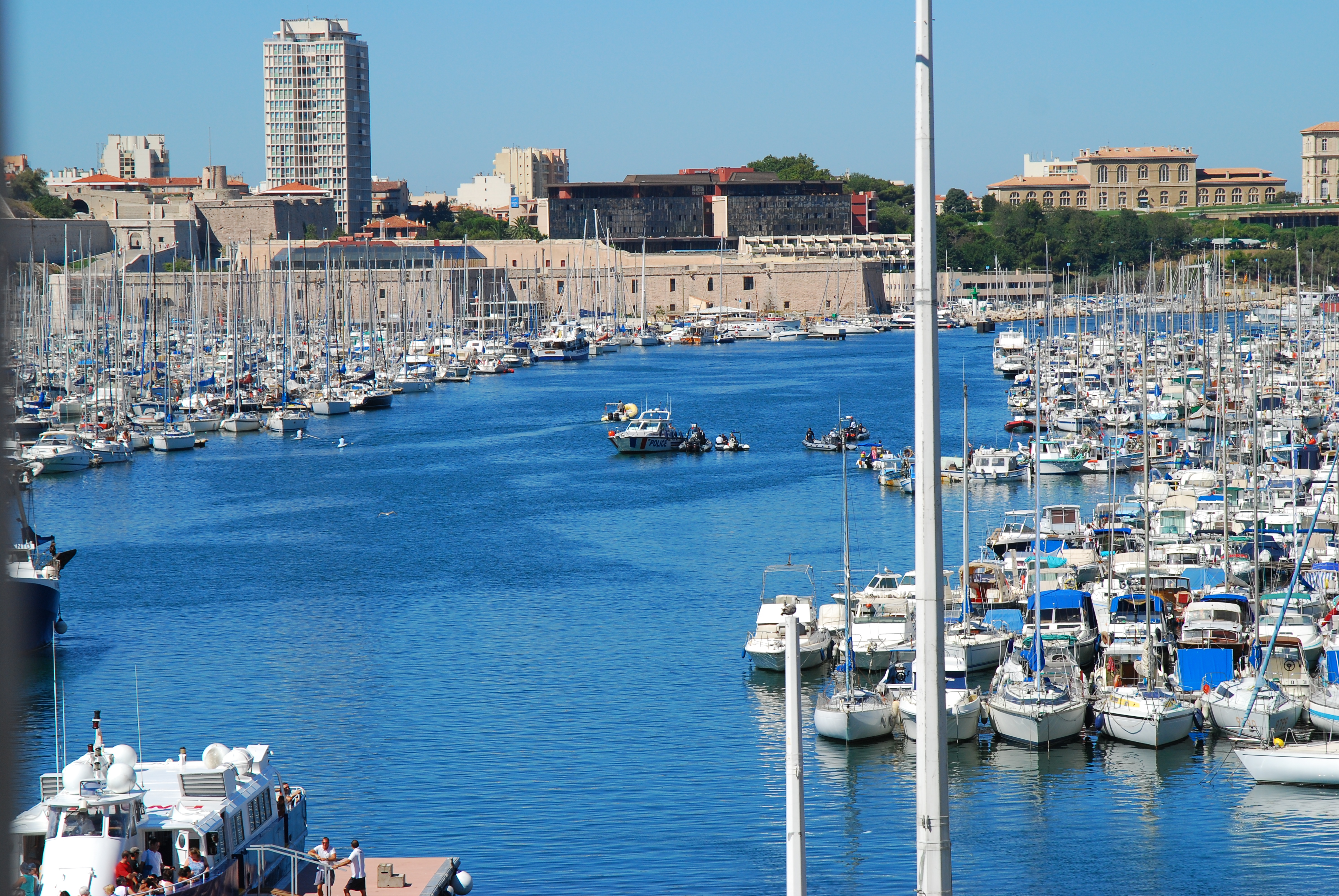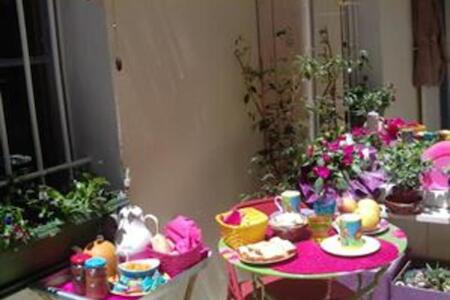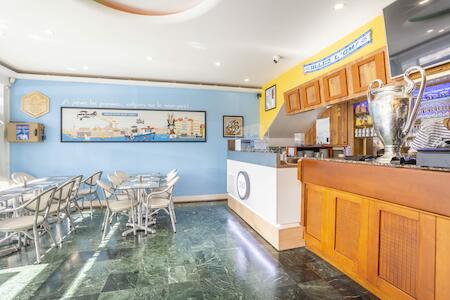Looking for budget stays in Marseille? This section is designed to save you time, money, and unnecessary stress. We've got insider tips to help you find affordable hostels and the cheapest places to stay in Marseille.

Marseille is ripe for travelers to discover. You may have heard this city is often regarded as underdeveloped or even dangerous due to crime. Though there are problems in this city, they don't make it worth skipping. With a bit of a sense of adventure you'll not only tour the center with its historic port and architecture, but you can find your way to markets like Noailles Market, known for its African flair. Or you might take a morning out to the Calanques, Marseille's fjord and well-preserved natural area.
Getting around Marseille by public transportation is preferable. The metro and bus lines are frequent and easy to use, especially if you know enough French to ask for directions. Other forms of transportation are less preferable, but locals do drive, and bicyclists are starting to appear as well. Walking is sufficient if you're staying anywhere in the central district (1er).
Marseille hostels are typical of southern France, they are mostly medium-sized with considerably less than 100 beds, and offer a variety of service. Some have rules, as are common in traditional association hostels. For instance, one hostel prohibits alcohol consumption.
A cluster of hostels are located not far from the train station, Marseille St. Charles, and the historic center around Vieux-port. Others are further out of town, in the more tranquil suburbs of the city. Note that Marseille has a considerable crime rate, if you plan to hike through distant (possibly desolate) neighborhoods to get to your hostel. Crime is otherwise not much of an issue, although some areas around the city center are run-down.
Written by Travel Expert Marseille
 Carl
Carl
